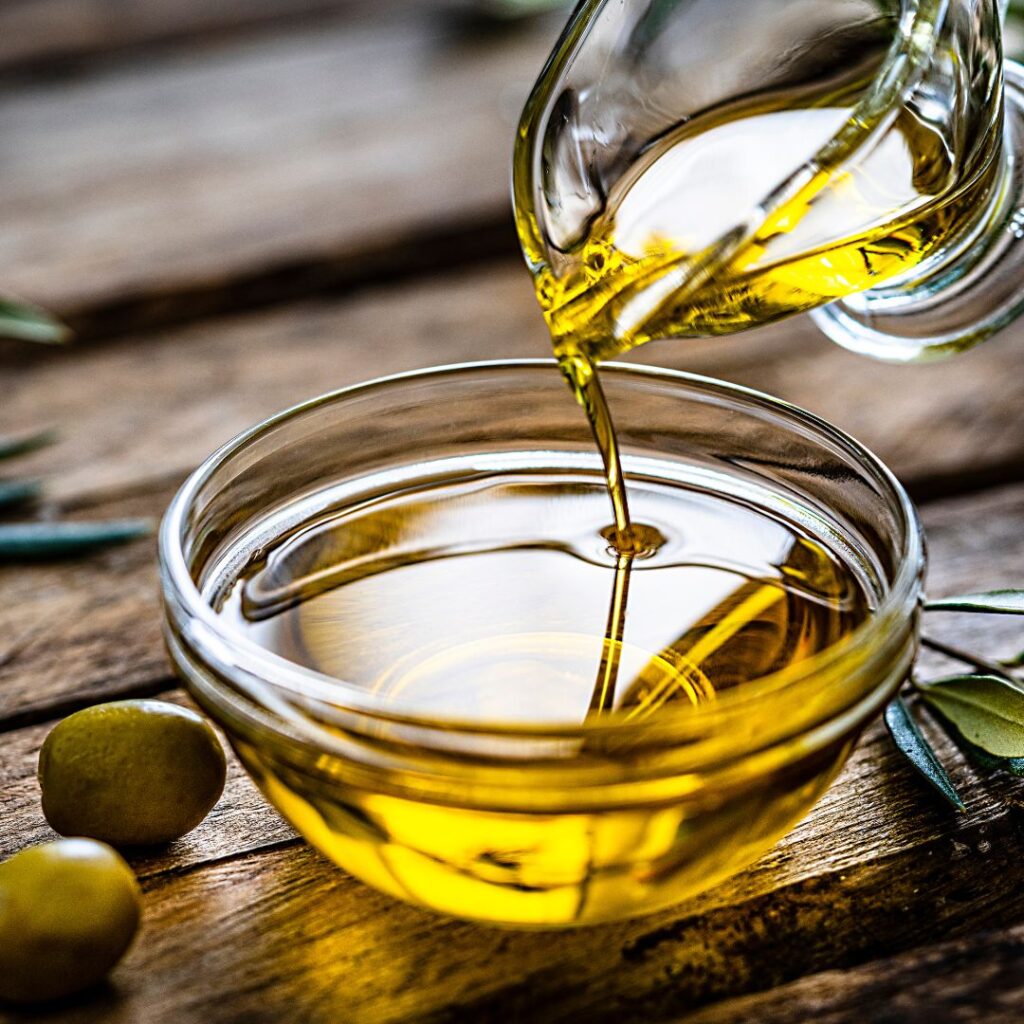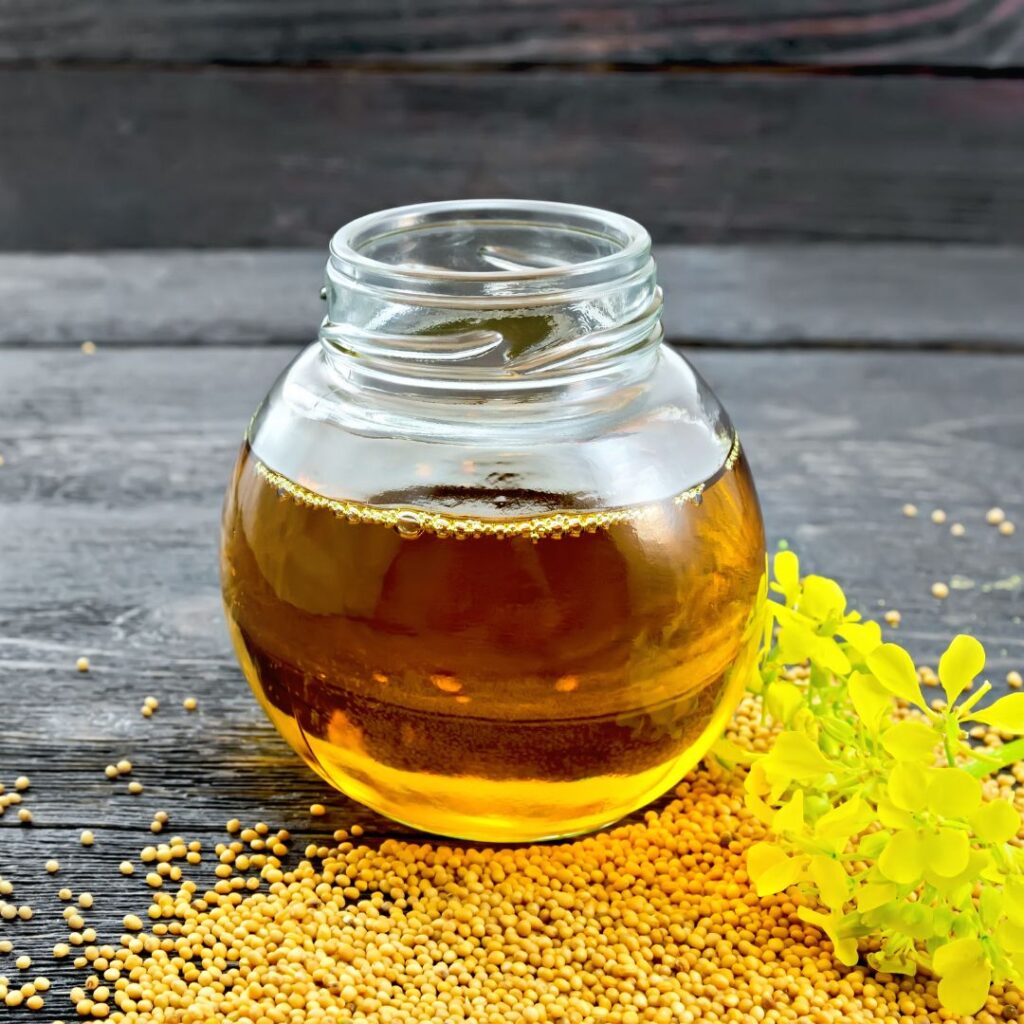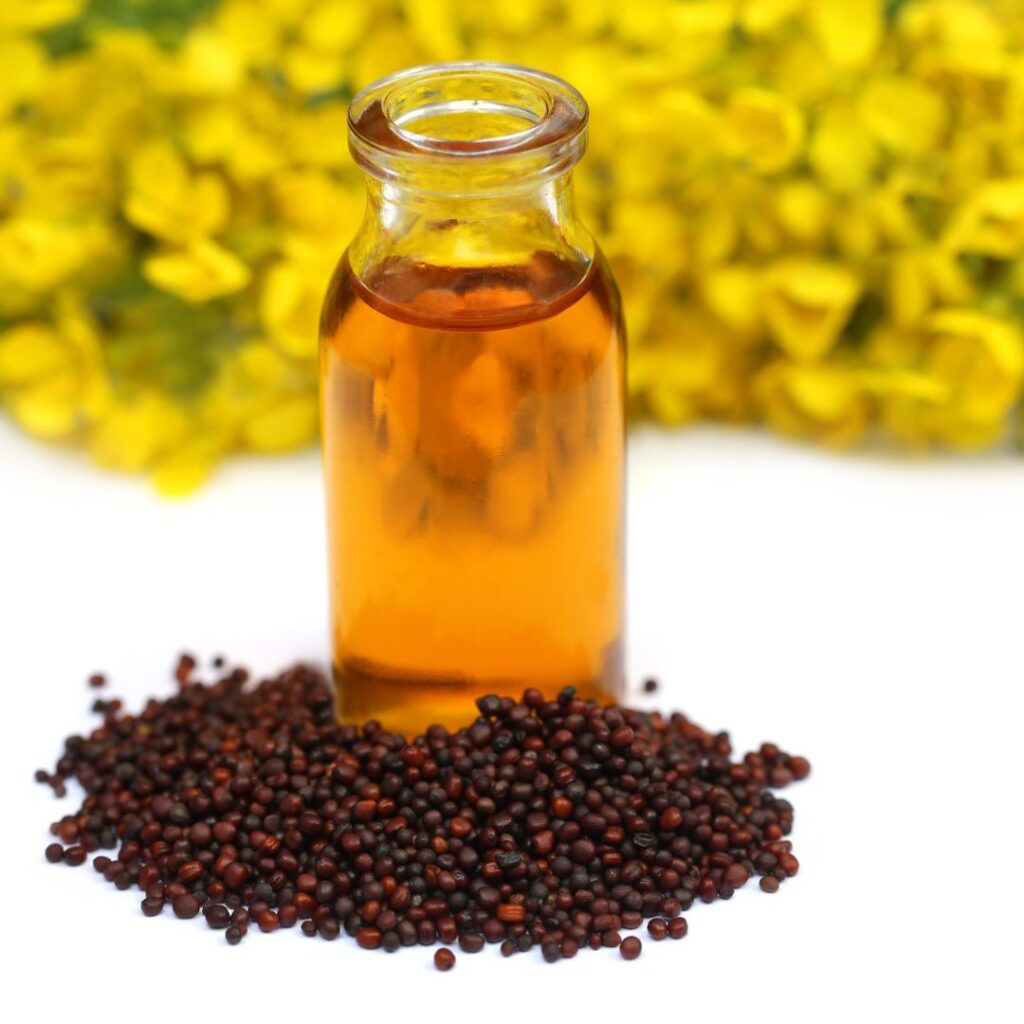Compare the benefits of olive oil and mustard oil, two popular cooking oils, and discover which one comes out on top in terms of heart health benefits. Learn about their nutritional content, health benefits, and potential drawbacks to make the best decision for your well-being,Make an informed choice for your heart health!
Most people’s everyday diet remains incomplete without oil as it has a direct correlation with heart health. Therefore, in order to have a heart that is in a healthy condition, the choice of oil for cooking becomes important. Two such oils which are often praised for their health benefits include olive oil and mustard oil. But which one is good for the heart? Here, let us look closely at their nutritional values, applications and their effects on cardiovascular health.
The Role of Olive Oil in Heart Health

Olive oil is typical Mediterranean oil made from olives and is regarded as one of the heart-friendly and healthiest cooking oils. It is high in mono-unsaturated fats; however, more importantly, it is rich in oleic acid and this helps reduce bad cholesterol (LDL) levels and helps to increase good cholesterol (HDL) levels. Such control over cholesterol is significant in helping to arrest the chances of developing atherosclerosis, heart attacks and strokes.
Olive oil has antioxidants like polyphenols and Vitamin E, so it makes sense that it is mentioned in literature concerning the heart. Apart from this, evidence from the University of Florida has shown that regular intake of extra virgin olive oil can significantly lower levels of LDL cholesterol as well as lower the risk of other cardiovascular diseases.
In spite of the cholesterol regulation, the anti-cholesterol properties of olive oil provide further protection to the heart. This is especially important because chronic inflammation has been known to aggravate the symptoms of heart disease; however, olive oil has shown the ability to assist in diminishing this problem, making it a preferable option among those seeking to improve cardiovascular health.
So the Health Benefits of Mustard oil for heart health

Mustard oil is extracted from mustard seeds and is common in most Indian households and has a strong flavour; it contains Omega-3 and Omega-6 which are essential for heart health. Omega 3 especially is helpful because it aids in reducing triglycerides and slowing or even preventing clotting, thus preventing heart problems.
High-temperature cooking has been made easier by the agricultural usage of mustard oil due to its beneficial characteristics, which include a high smoke point. This is advantageous since many food items, and especially Indian cuisine, necessitate a considerable amount of heat. Furthermore, mustard oil consists of natural antioxidants and possesses some antiviral properties contributing to its heart health.
But the presence of erucic acid in mustard oil has been a sore spot. Excessive quantities –greater than 3% of intake– of erucic acid found in mustard oil have raised debates about its impact on a person’s health, specifically cardiovascular diseases, which have led to divided opinions on its safety for consumption. In evaluating its effect, regulatory bodies have been inclined to focus on this aspect.
Mustard Oil Vs Olive Oil: The battle of the oils in terms of heart friendliness

The use of mustard oil and olive oil in relation to heart health crosses paths, or even rather directly correlates with the objectives in which each oil is being used for. Mustard oil is heart friendly; however, olive oil seems to be more so. Mustard oil is to be considered where high levels of antioxidants, cellular mu-fa and low levels of LDL cholesterol are desirable. Olive oil is for low-temperature dressing, sauces, dips, and enriches Mediterranean style dishes.
Elsewhere in Indian culture, mustard oil holds practical utilization in Indian kitchens which is also of social significance among its people. It is beneficial to the heart since it contains omega 3 and omega 6 fatty acids. Additionally, due to its high smoking point, it is effective in preparing Indian dishes; however, due to the presence of erucic acid, it is advisable to consume this oil moderately.
On the contrary, both oils have their own merits and demerits but in terms of heart health, olive oil appears to be the most ideal as it has a higher nutritional advantage compared to mustard oil and there are many studies that support the benefits of using olive oil. In detail, including olive oil in your meals can aid in lowering bad cholesterol, eliminating inflammation, and promoting cardiovascular health in general.
That said, mustard oil cannot completely be disregarded as it has its fans when it comes to taste and its cooking properties when working with high heat. Most importantly, to achieve the best health for the heart, delicate balances by constraints are needed between both oils depending on what food type one is preparing and its benefits.


